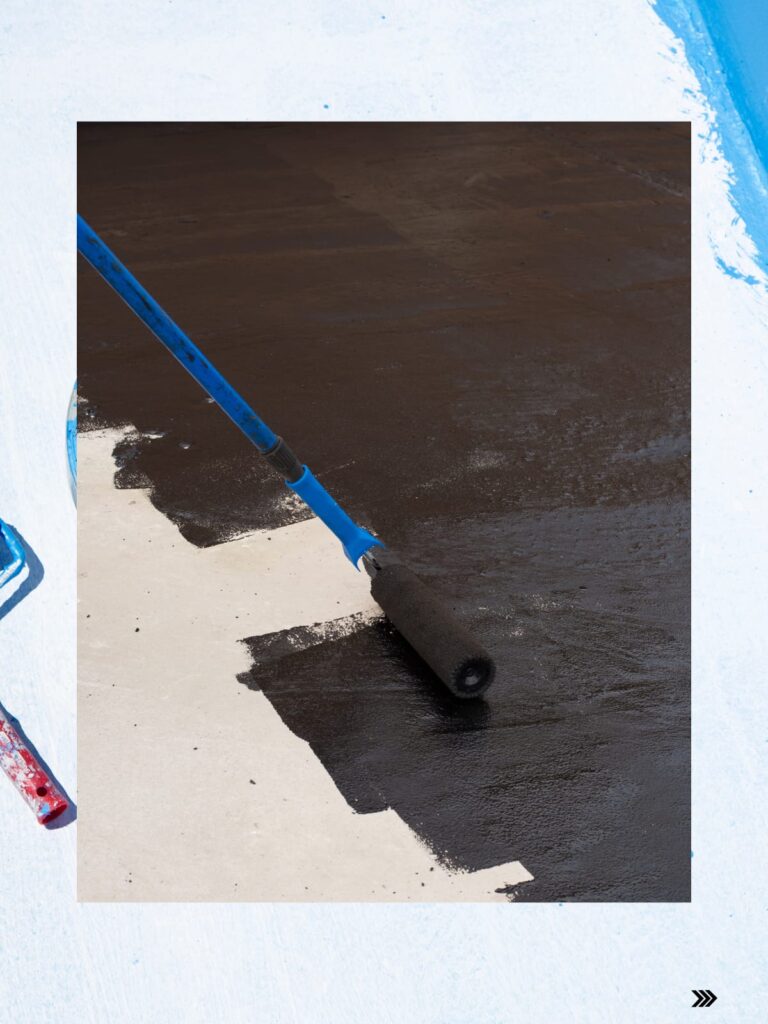Introduction: The Future of Waterproofing Has Arrived
In Kenya’s fast-growing construction landscape, water damage remains a silent destroyer — from leaking flat roofs in Nairobi to rising damp in Mombasa homes. But 2025 brings new hope.
Thanks to rapid innovation in construction science, waterproofing solutions have evolved beyond patchwork fixes. At Phemat Solutions Ltd, we’re seeing a wave of technologies that offer longer durability, better climate resistance, and even smart leak detection.
Whether you’re building a high-rise in Westlands or upgrading a family bungalow in Nakuru, understanding these advancements is key to future-proofing your property.
The Problem: Traditional Waterproofing Isn’t Enough Anymore
Kenyan builders have relied on bitumen sheets, tar coatings, and cement slurries for decades. While cheap upfront, they often:
-
Crack during hot/cold temperature cycles
-
Peel due to UV exposure
-
Fail to resist water pressure over time
-
Require frequent repairs — increasing long-term costs
This leaves homes vulnerable to structural cracks, mold, and rapid value depreciation — especially in areas with heavy rainfall and high humidity.
The Professional Solution: Embracing Waterproofing Innovation
In 2025, smart contractors and property owners are shifting from reactive to proactive. Phemat Solutions Ltd is leading the way by offering next-generation waterproofing systems that are:
-
More durable: Last 20–30 years with minimal maintenance
-
Smart: Detect moisture early and alert building managers
-
Eco-friendly: Safe for indoor use, low in toxins
-
Customizable: Tailored to Kenya’s local climates and soil types
Let’s explore the waterproofing technologies transforming Kenyan construction this year.
Top Waterproofing Technology Advancements in 2025
1. Self-Healing Waterproof Membranes
These high-tech membranes contain microencapsulated polymers that automatically seal small cracks when water enters. Ideal for:
-
Flat roofs
-
Concrete basements
-
Expansion joints
Benefit: Prevents minor flaws from becoming major leaks — perfect for Nairobi’s apartment blocks.
2. Liquid Nanotechnology Coatings
Nanotech coatings form ultrathin, invisible water-repellent layers on surfaces. They’re applied by spray and bond at the molecular level.
Applications:
-
Tiled surfaces
-
Rooftop slabs
-
External walls
-
Bathroom floors
Benefit: They’re breathable, UV-resistant, and non-toxic — especially useful for high-humidity towns like Kisumu and Mombasa.
3. AI-Powered Leak Detection Systems
Wireless sensors now detect leaks before they’re visible. Linked to mobile apps, they notify owners or facility managers of moisture buildup.
🔧 In 2025, Phemat offers sensor integration for:
-
Roofs
-
Water tanks
-
Basement walls
-
Drainage systems
Quote:
“Modern buildings must think for themselves. Smart leak detection is no longer a luxury — it’s a necessity.”
— National Construction Authority (NCA) Kenya, 2025 Bulletin
4. Advanced Polyurethane & Hybrid Sealants
Unlike traditional bitumen, polyurethane sealants resist UV, chemicals, and temperature extremes. Hybrid PU-acrylic membranes are now used for:
-
Balcony and terrace waterproofing
-
Foundation walls
-
Expansion joints
Result: Better flexibility, adhesion, and resistance to environmental wear.
5. Pre-Installed Waterproofing in Construction Stages
Waterproofing is now integrated before walls go up, especially in:
-
Basement tanking
-
Retaining walls
-
Podium decks
-
Green roofs
This approach saves time, labor, and future repair costs. Phemat integrates this in new builds across Nairobi, Eldoret, and Nakuru.
Why These Innovations Matter
Here’s why investing in waterproofing tech in 2025 isn’t optional — it’s essential:
-
Climate change is increasing rainfall unpredictability.
-
Older estates in Kenya are decaying due to rising damp and leaks.
-
Tenants and homeowners are demanding healthier, mold-free living spaces.
-
Buildings with modern waterproofing hold higher value and require less maintenance.
Location Value: Local Impact Across Kenya
These advancements are already being used in:
-
Nairobi: Commercial buildings in Kilimani and Karen now specify polyurethane membranes and smart leak sensors
-
Eldoret: Homes in rain-prone areas benefit from pre-installed basement tanking
-
Mombasa: Coastal hotels and apartments use nanotech coatings to combat saltwater and humidity
-
Nakuru & Kisii: Affordable estates are now integrating self-healing DPC membranes in foundations
Looking for “advanced waterproofing near me”? Phemat is active across all major Kenyan cities.
Tools, Techniques & Expert Tip
Tools We Use in 2025:
-
FLIR Infrared Moisture Detectors
-
Wireless Leak Sensor Kits
-
Polyurethane Injection Pumps
-
Thermal Imaging Drones for Large Roofs
🔹 Expert Tip:
“For every shilling spent on modern waterproofing, property owners save five in future repairs.”
— World Bank Infrastructure Report – Africa, 2025
Conclusion & CTA: Let Phemat Future-Proof Your Property
In 2025, waterproofing isn’t just about preventing leaks — it’s about protecting value, health, and long-term investment.
Whether you’re constructing a commercial block in Nairobi or upgrading an aging home in Kisii, Phemat Solutions Ltd is ready with Kenya’s most advanced waterproofing systems.
✅ Book a consultation today
✅ Get a site inspection
✅ Request a tailored waterproofing plan
Let’s protect your property — the smart way.



